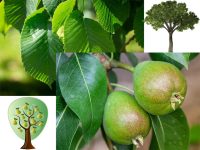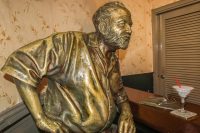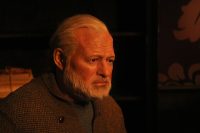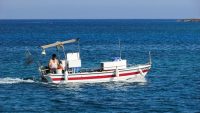Who bewails himself…

Who bewails himself has the cure in his hands. (Image by Myriams-Fotos on Pixabay) (Text-to-Speech by Sound of Text, using the engine from Google Translate) More »

Who bewails himself has the cure in his hands. (Image by Myriams-Fotos on Pixabay) (Text-to-Speech by Sound of Text, using the engine from Google Translate) More »

嘆き悲しむ者の手には、すでに救いがある。 (Image by Myriams-Fotos on Pixabay) (Text-to-Speech by Sound of Text, using the engine from Google Translate) More »

To ask pears of an elm tree. More »

無い物ねだり(ないものねだり)。(日本の諺・慣用句) / 楡の木に梨を求める(にれのきになしをもとめる)。 More »

I like to listen. I have learned a great deal from listening carefully. Most people never listen. – Ernest (Miller) Hemingway (1899 – 1961) More »

私は聴くことが好きだ。じっくり耳を傾けることで多くを学んできた。が、たいていの人は聴こうとしない。 – アーネスト・ヘミングウェイ (1899 – 1961) More »

The writer’s job is not to judge, but to seek to understand. – Ernest (Miller) Hemingway (1899 – 1961) More »

作家の仕事は判断することではなく、理解しようとすることだ。 – アーネスト・ヘミングウェイ (1899 – 1961) More »

ただもう今は運がない。だがわからんぞ。今日はいけるかもしれん。毎日が新しい日なんだ。運はあるに越したことはない。だが運まかせにするより腕を磨いておくんだ。そうすれば運がめぐってきたときに準備も整っている。 – サンチャゴ — アーネスト・ヘミングウェイ (1899 – 1961): 『老人と海』 / (「(漁の綱を扱う)腕を磨いて」) More »

これまでのところ、道徳について私に分かることは、道徳的なものは後々気分が良く、不道徳なものは後々気分が悪いということだけだ。 – アーネスト・ヘミングウェイ (1899 – 1961): 『午後の死』 More »